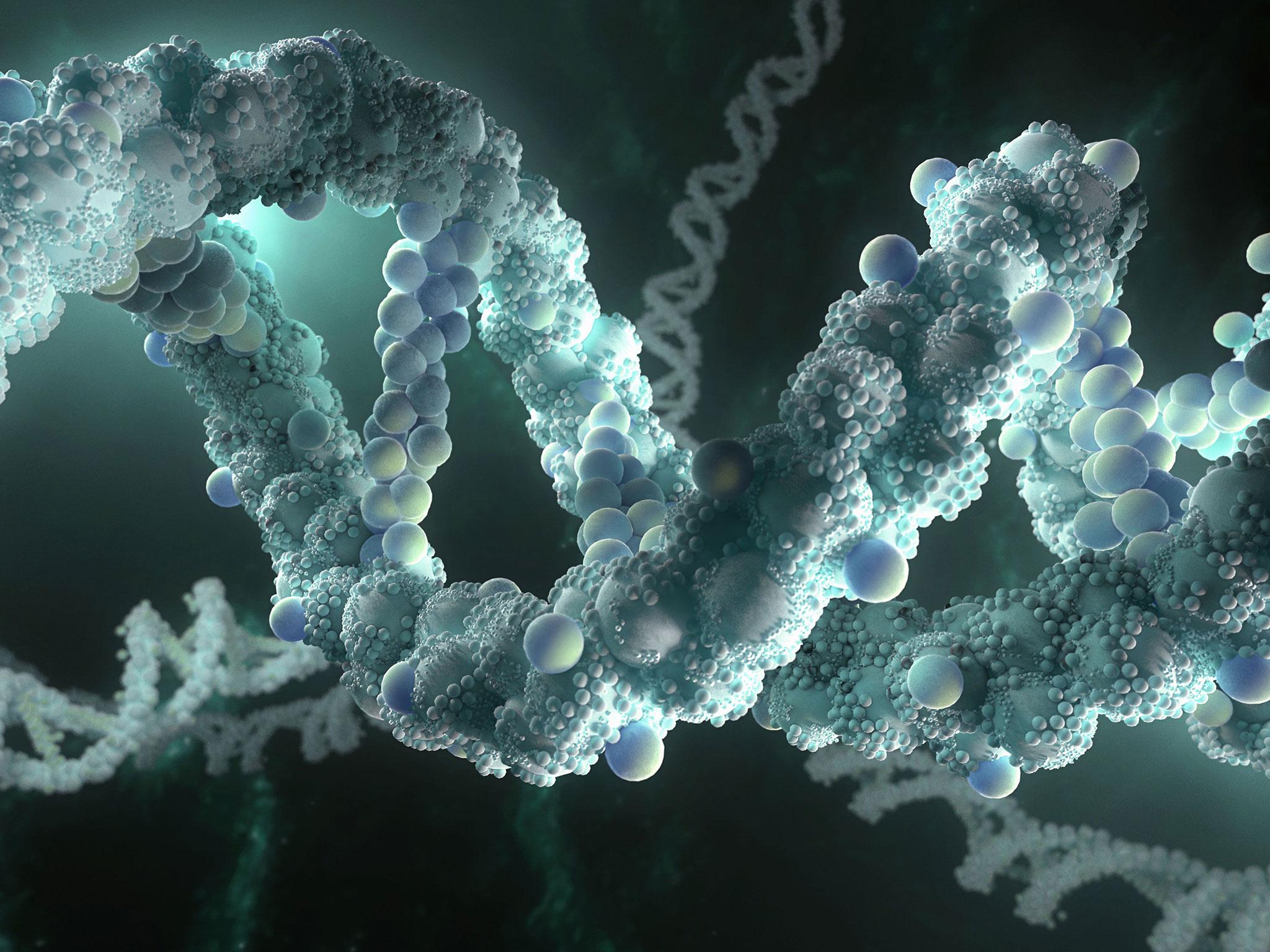Gene-editing could fight musclar dystrophy, says new research
The technique involves surgically cutting out a tiny piece of flawed DNA while avoiding traditional gene therapy

Your support helps us to tell the story
From reproductive rights to climate change to Big Tech, The Independent is on the ground when the story is developing. Whether it's investigating the financials of Elon Musk's pro-Trump PAC or producing our latest documentary, 'The A Word', which shines a light on the American women fighting for reproductive rights, we know how important it is to parse out the facts from the messaging.
At such a critical moment in US history, we need reporters on the ground. Your donation allows us to keep sending journalists to speak to both sides of the story.
The Independent is trusted by Americans across the entire political spectrum. And unlike many other quality news outlets, we choose not to lock Americans out of our reporting and analysis with paywalls. We believe quality journalism should be available to everyone, paid for by those who can afford it.
Your support makes all the difference.Gene-editing injections could one day offer hope to people suffering from devastating inherited diseases, new research suggests.
A first step towards the revolutionary treatment has been demonstrated by scientists who used it on mice with the wasting disease Duchenne muscular dystrophy (DMD).
The technique involves surgically cutting out a tiny piece of flawed DNA while avoiding traditional gene therapy. Crucially it can be applied to adults and does not require tampering with genes in eggs and sperm that are passed on to future generations.
In a series of mouse studies, documented in the journal Science, US researchers showed how a gene-editing package delivered by an injected virus can lead to partial recovery from DMD. The incurable disease is one of the most common and severe of a group of inherited muscle-wasting conditions that affect around 70,000 people in the UK.
It is usually diagnosed in boys in early childhood, causing muscle degeneration, disability and premature death. Men with the condition can only expect to live to their twenties or thirties.
PA
Join our commenting forum
Join thought-provoking conversations, follow other Independent readers and see their replies
Comments